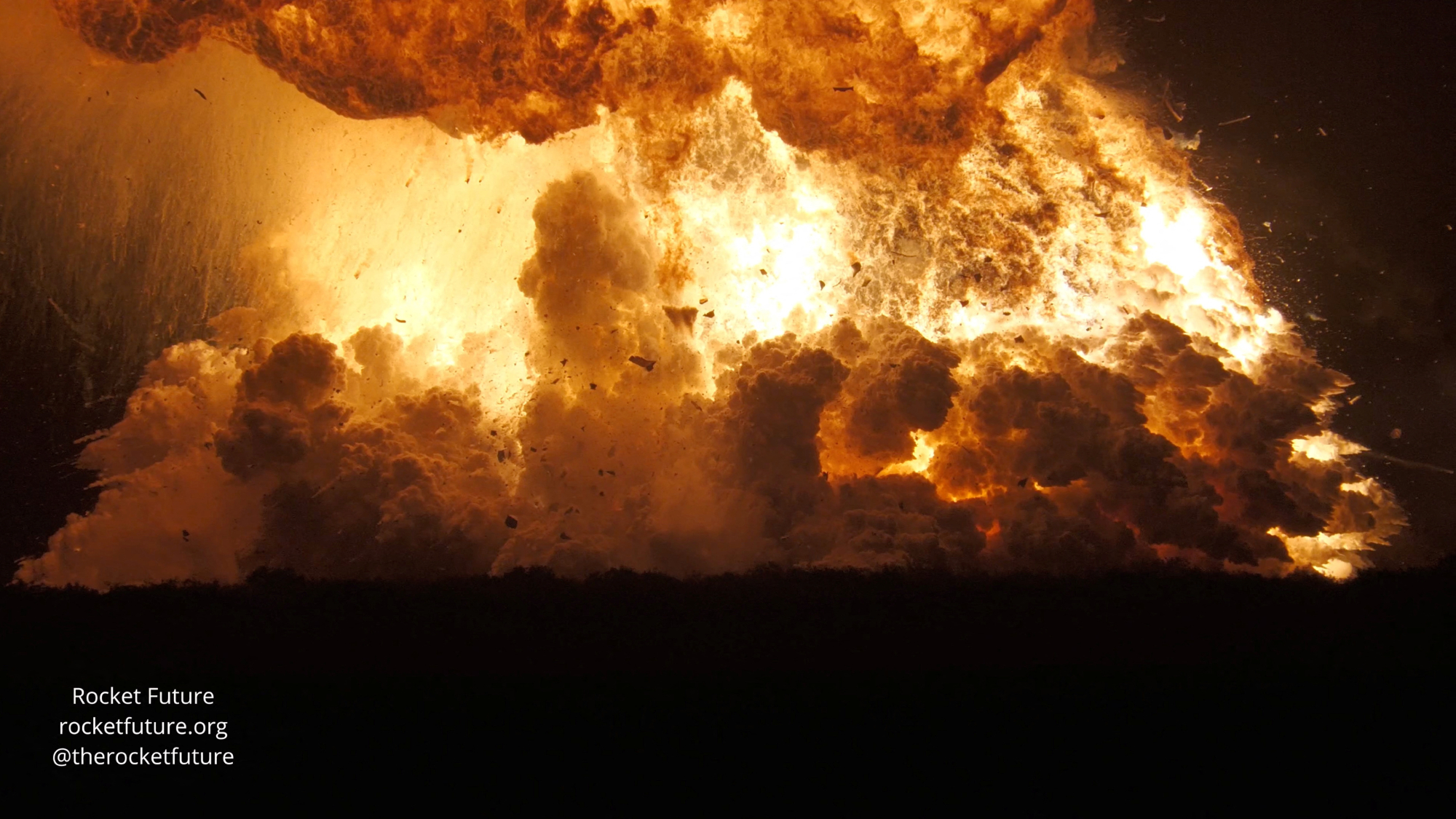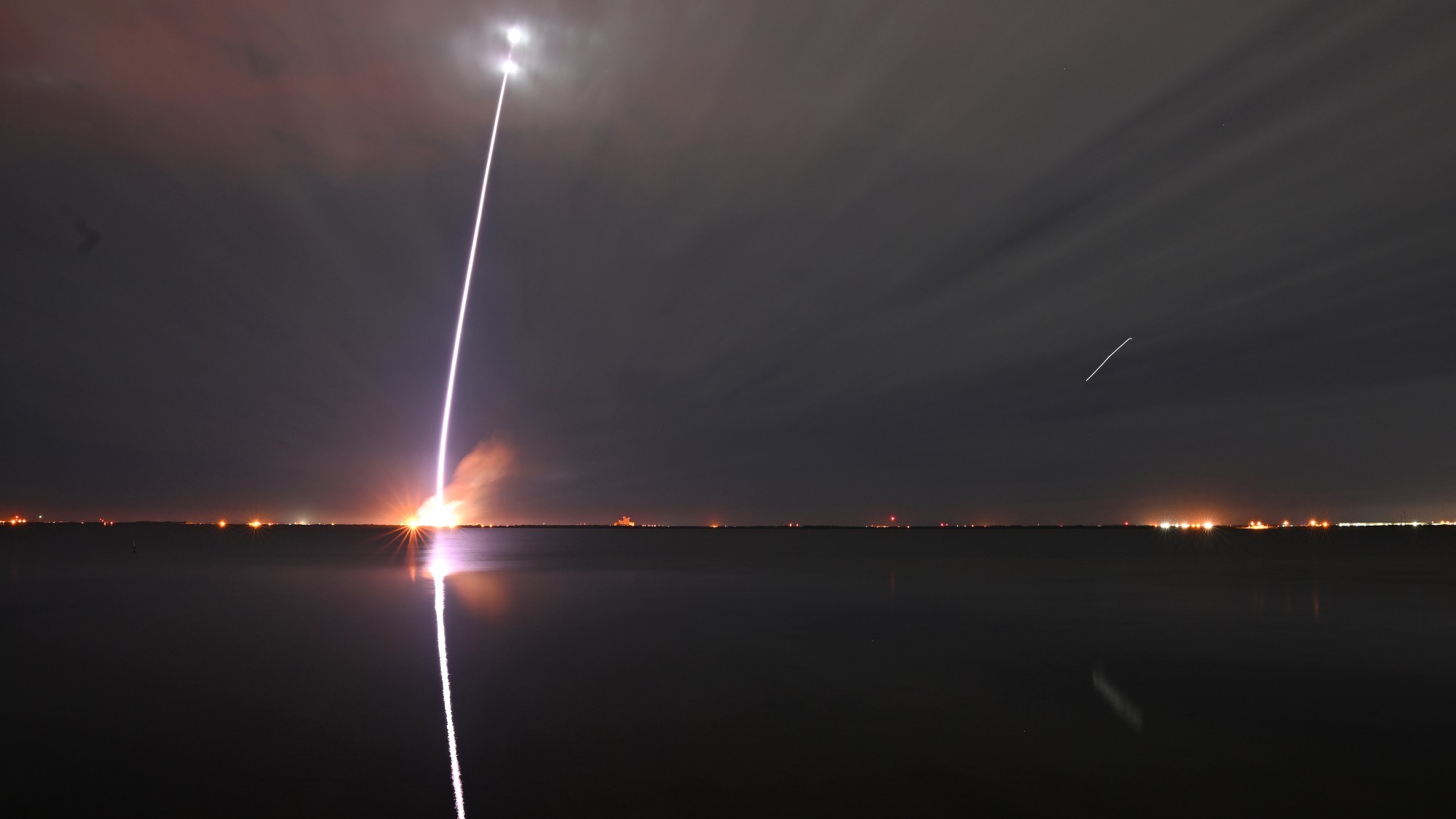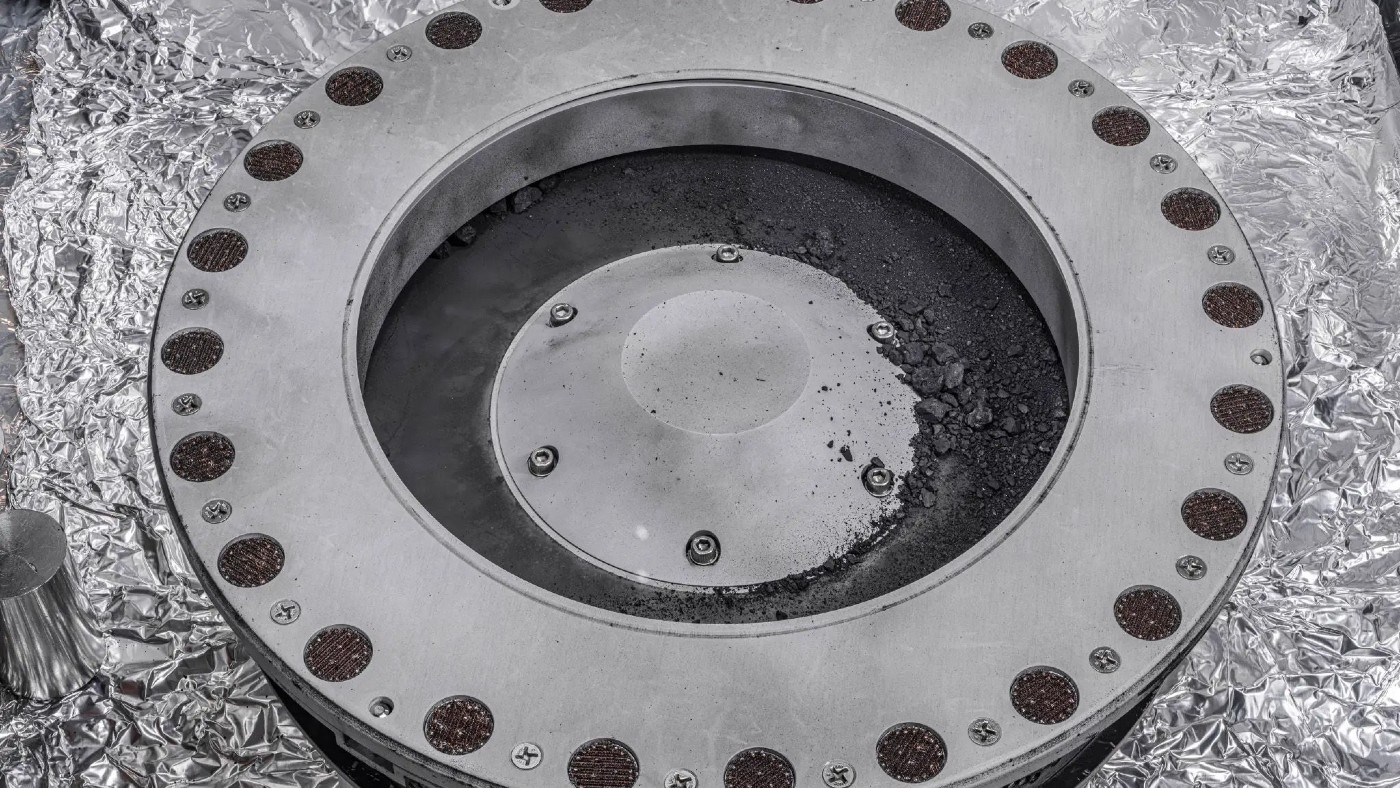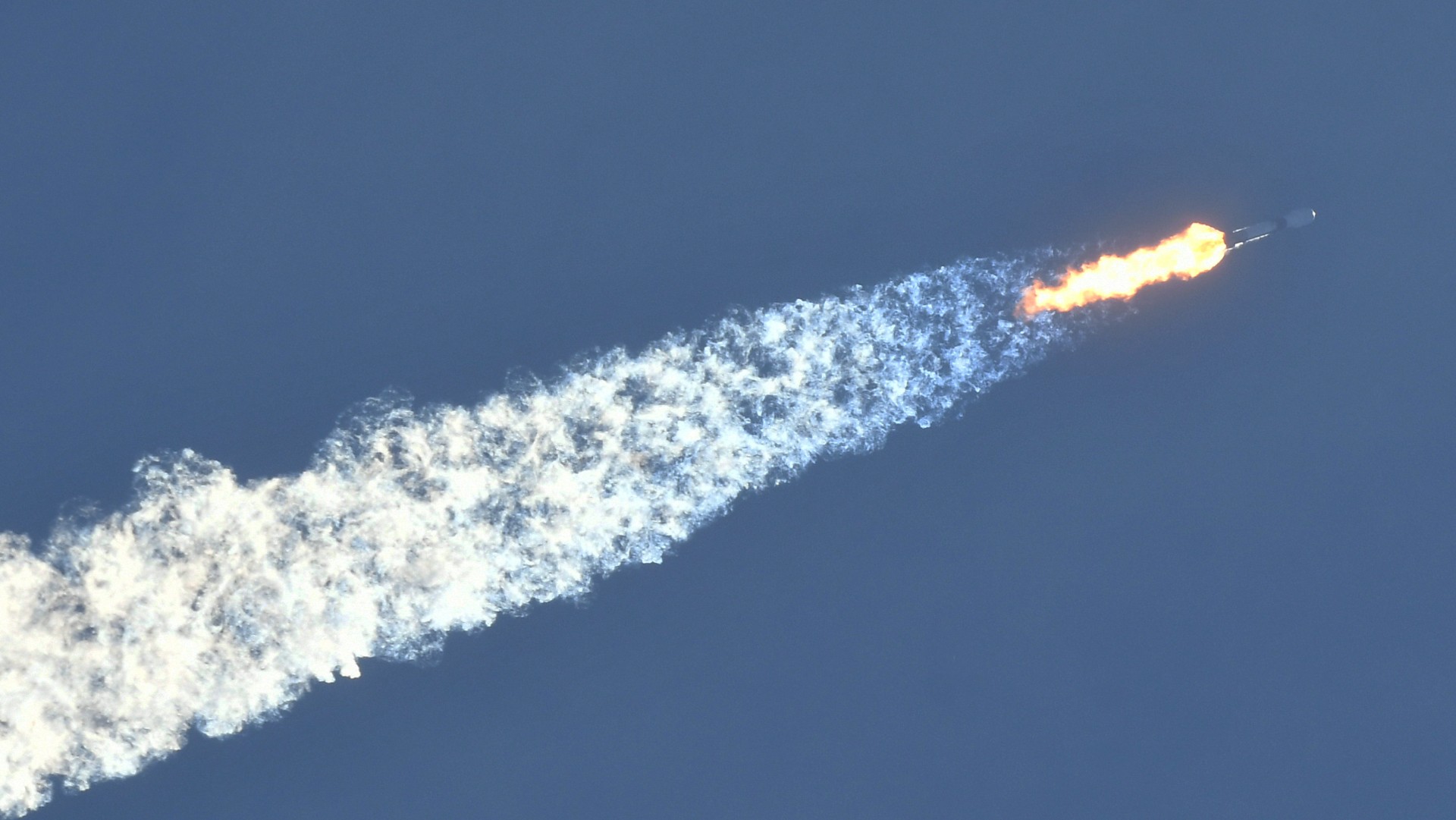What are Tardigrades?
So-called water bears are the toughest animals on Earth - and now scientists suspect they are alive on the Moon

A free daily email with the biggest news stories of the day – and the best features from TheWeek.com
You are now subscribed
Your newsletter sign-up was successful
Tardigrades - also known as water bears - have long been considered the toughest animals on Earth. But now they may hold the title of toughest animal not on Earth, thanks to an accident in space.
When an Israeli spacecraft crash-landed on the moon in April, the mission was deemed a failure. But now the Arch Mission Foundation, the organisation behind the rocket launch, has said it may have left more than mere wreckage behind.
The Beresheet spacecraft was carrying a cargo of tardigrades which had been dehydrated, placed in suspended animation and then encased in artificial amber, reports the BBC.
The Week
Escape your echo chamber. Get the facts behind the news, plus analysis from multiple perspectives.

Sign up for The Week's Free Newsletters
From our morning news briefing to a weekly Good News Newsletter, get the best of The Week delivered directly to your inbox.
From our morning news briefing to a weekly Good News Newsletter, get the best of The Week delivered directly to your inbox.
That means that “the chances of survival for the tardigrades... are extremely high,” according to mission boss Nova Spivack.
What are tardigrades?
Tardigrades are tiny creatures that are less then a millimetre long and can survive being dehydrated for decades. When dried out, says the BBC, tardigrades “retract their heads and their eight legs, shrivel into a tiny ball, and enter a deep state of suspended animation that closely resembles death”.
But when water is reintroduced, they come back to life, feeding and reproducing as normal.
A free daily email with the biggest news stories of the day – and the best features from TheWeek.com
This is a key reason they are considered among the hardiest animals on Earth, and were selected by the Arch Mission Foundation to go on a journey into space.
According to The Guardian, it would not be the first time water bears have survived harsh conditions, having previously been detected “on mountain tops, in scorching deserts, and lurking in subglacial lakes in Antarctica”.
Lukasz Kaczmarek, a tardigrade expert and astrobiologist at the Adam Mickiewicz University in Poznan, Poland, told the Guardian that the animals could well have survived crash-landing on the Moon.
“Tardigrades can survive pressures that are comparable to those created when asteroids strike Earth, so a small crash like this is nothing to them,” he said. The animals could potentially survive on the Moon for years, he added.
Unfortunately, it’s unlikely that the water bears are currently setting up home on the lunar surface. Without being reintroduced to water, scientists say they will remain in a dormant state.
-
 Switzerland could vote to cap its population
Switzerland could vote to cap its populationUnder the Radar Swiss People’s Party proposes referendum on radical anti-immigration measure to limit residents to 10 million
-
 Political cartoons for February 15
Political cartoons for February 15Cartoons Sunday's political cartoons include political ventriloquism, Europe in the middle, and more
-
 The broken water companies failing England and Wales
The broken water companies failing England and WalesExplainer With rising bills, deteriorating river health and a lack of investment, regulators face an uphill battle to stabilise the industry
-
 Data centers could soon be orbiting in space
Data centers could soon be orbiting in spaceUnder the radar The AI revolution is going cosmic
-
 Another Starship blast sets back Musk's Mars hopes
Another Starship blast sets back Musk's Mars hopesSpeed Read Nobody was killed in the explosion, which occurred in south Texas
-
 Test flight of orbital rocket from Europe explodes
Test flight of orbital rocket from Europe explodesSpeed Read Isar Aerospace conducted the first test flight of the Spectrum orbital rocket, which crashed after takeoff
-
 Jeff Bezos, Elon Musk and the billionaire space race
Jeff Bezos, Elon Musk and the billionaire space raceThe Explainer Tesla CEO and Amazon founder vie for dominance of satellite launch market and could influence Nasa plans to return to Moon
-
 Starliner: What went wrong?
Starliner: What went wrong?Today's Big Question Boeing spacecraft has had a 'long, difficult road'
-
 Boeing, SpaceX successfully test key rockets
Boeing, SpaceX successfully test key rocketsSpeed Read Boeing’s Starliner docked at the ISS and SpaceX completed its fourth test launch of its Starship spacecraft
-
 Nasa reveals first findings from asteroid that could explain origins of life
Nasa reveals first findings from asteroid that could explain origins of lifeSpeed Read Sample from Bennu has been found to contain an abundance of water and carbon
-
 How worried we should be about space debris
How worried we should be about space debrisfeature As part of a rocket washes up in Australia scientists warn ‘critical mass’ of orbital junk could only be decades away